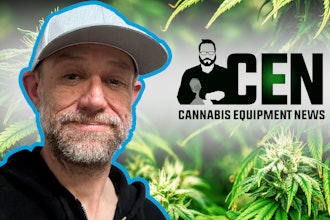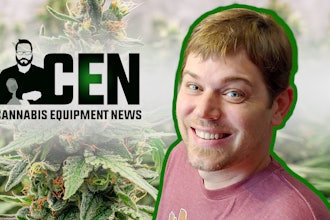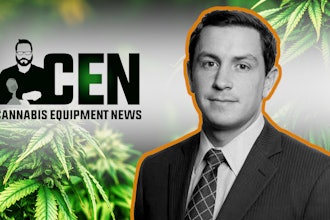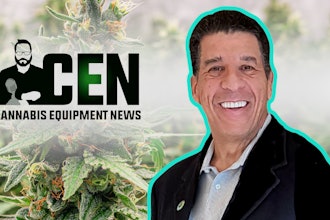Editor's Note: Download the audio version below and click here to subscribe to our newsletter.
Dr. Bruce Bugbee's Utah State University Crop Physiology Laboratory has been well-funded by NASA for many years. Dr. Bugbee has performed work on everything from pharmaceutical-grade food drops to precision cultivation under electric lights, but when cannabis became legal, several large growers started funding his lab to study cannabis cultivation. At about the same time, growers needed instruments to measure their cannabis grows, so they went to Apogee Instruments, which Dr. Bugbee founded in 1995. At Apogee, Dr. Bugbee develops custom cultivation instrumentation.
Dr. Bugbee's lab has some 44 growth chambers, so he had the infrastructure to quickly ramp up cannabis studies when the plant became legal in parts of the country. He also hired Ph.D. graduate students eager to learn the science of cannabis cultivation.
Visit: Dr. Bugbee's course, "The Science & Technology of Medical Cannabis Cultivation"
Cannabis is a new crop full of very strange claims that come from "heritage growers." For example, some growers say the plant requires uniquely high levels of phosphorus, and others believe it needs to be planted under the full moon. While he debunked both, to some extent, his lab is behind several discoveries, like how cannabis is uniquely sensitive to light pollution at night — of all the crops they have studied, cannabis is the most sensitive.
In this episode, Dr. Bugbee also discusses:
- The science of cannabis cultivation and how it's improving every day.
- How (and when) we'll grow cannabis on the moon, Mars and the space station.
- His work building state-of-the-art environmental sensors and how it all started in his garage.
- How, after studying crops intensively for 70 years, cannabis opened an entirely new frontier for researchers.
Please make sure to like, subscribe and share the podcast. You could also help us out by giving the podcast a positive review. Finally, to email the podcast or suggest a potential guest, you can reach David Mantey at [email protected].






















